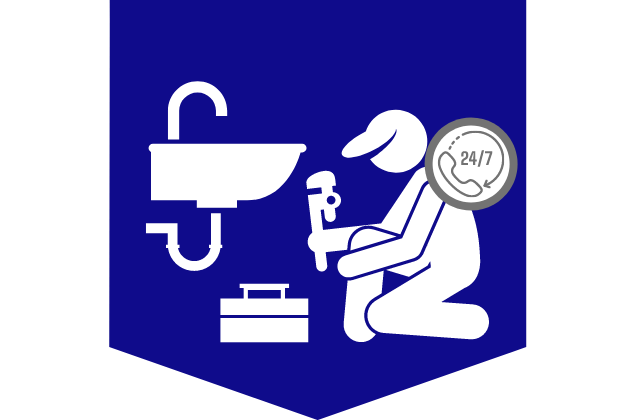Exploring Legal Remedies: Essential Insights for Every Citizen
Understanding Legal Remedies
Legal remedies serve as the backbone of the justice system, offering recourse to individuals and businesses who have suffered harm or injustice. Whether it’s seeking compensation for damages, enforcing contractual obligations, or obtaining injunctive relief, legal remedies provide a means of redress in a wide range of situations. Understanding the different types of legal remedies available is crucial for navigating the complexities of the legal system effectively.
Compensatory Damages: Restoring What Was Lost
Compensatory damages are perhaps the most common form of legal remedy, aimed at compensating the injured party for losses suffered as a result of another party’s wrongful conduct. These damages can encompass a variety of losses, including medical expenses, property damage, lost wages, and pain and suffering. In civil cases, compensatory damages are typically awarded to restore the injured party to the position they were in before the harm occurred, to the extent possible.
Punitive Damages: Deterring Wrongful Conduct
In cases involving particularly egregious conduct, punitive damages may be awarded in addition to compensatory damages. Unlike compensatory damages, which aim to compensate the injured party, punitive damages are intended to punish the wrongdoer and deter similar conduct in the future. Punitive damages are typically reserved for cases involving malice, fraud, or gross negligence, and their purpose is to send a message that such behavior will not be tolerated.
Injunctive Relief: Preventing Future Harm
Injunctive relief is a legal remedy that aims to prevent future harm by ordering a party to refrain from certain actions or to take specific actions. This remedy is commonly sought in cases involving breaches of contract, intellectual property infringement, or violations of civil rights. Injunctive relief can take the form of a temporary restraining order, a preliminary injunction, or a permanent injunction, depending on the circumstances of the case and the relief sought.
Specific Performance: Enforcing Contractual Obligations
Specific performance is a legal remedy that compels a party to fulfill its contractual obligations as agreed upon in a contract. This remedy is typically sought when monetary damages are inadequate to remedy a breach of contract, such as in cases involving unique goods or services. Specific performance is often used in real estate transactions, employment contracts, and agreements for the sale of goods, where the unique nature of the subject matter makes monetary damages an insufficient remedy.
Rescission: Undoing a Contractual Agreement
Rescission is a legal remedy that allows parties to a contract to undo the agreement and return to their pre-contractual positions. This remedy is typically sought in cases involving fraudulent inducement, mutual mistake, or material misrepresentation. Rescission effectively cancels the contract and restores the parties to the positions they were in before the agreement was made, nullifying any obligations or rights that arose under the contract.
Equitable Remedies: Fostering Fairness and Equity
Equitable remedies are a category of legal remedies that are based on principles of fairness and justice rather than monetary compensation. These remedies include specific performance, injunctive relief, rescission, and reformation, among others. Equitable remedies are typically sought when monetary damages are inadequate to remedy a breach of contract or other wrongful conduct, or when there is a need for urgent action to prevent irreparable harm.
Legal Remedies in Practice: Navigating the Process
Navigating the legal remedies process can be complex and daunting, especially for those unfamiliar with the legal system. From filing a lawsuit to obtaining a judgment and enforcing it, there are numerous steps involved in seeking legal remedies. It’s essential to seek the guidance of experienced legal counsel who can provide expert advice and representation throughout the process, ensuring that your rights are protected and that you receive the justice you deserve.
Conclusion
Legal remedies play a crucial role in the justice system, offering recourse to individuals and businesses who have suffered harm or injustice. Whether it’s compensatory damages, punitive damages, injunctive relief, or specific performance, understanding the different types of legal remedies available is essential for navigating the complexities of the legal system effectively. By seeking the guidance of experienced legal counsel, individuals can ensure that their rights are protected and that they receive the justice they deserve. Read more about Legal remedy





